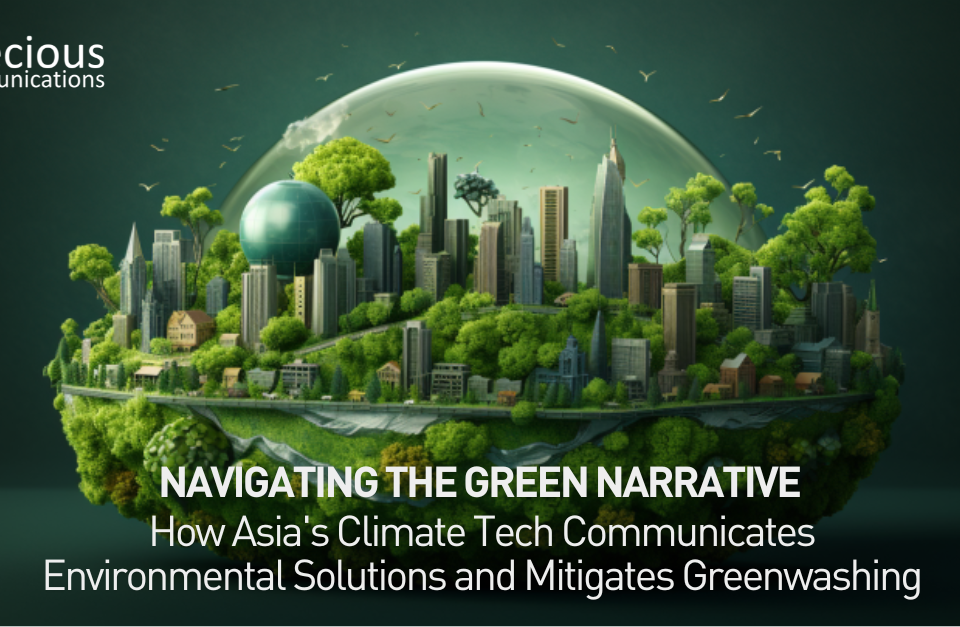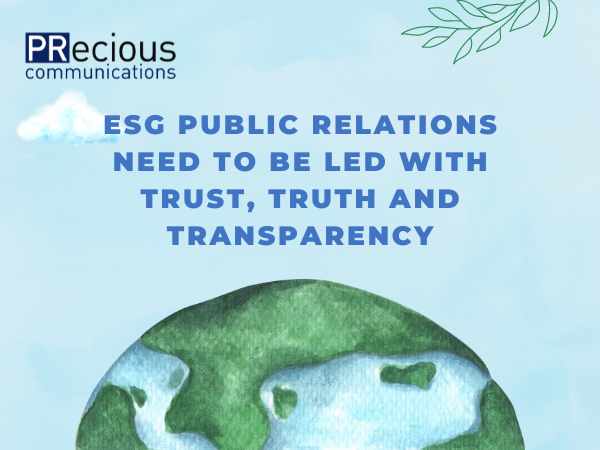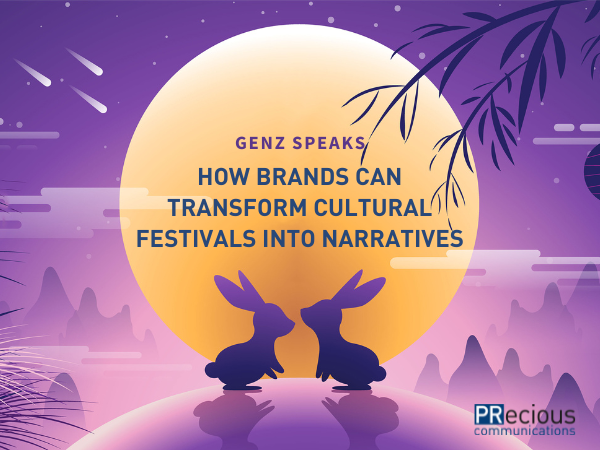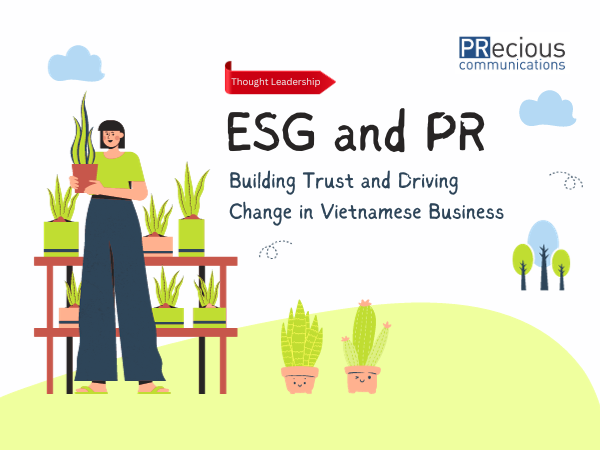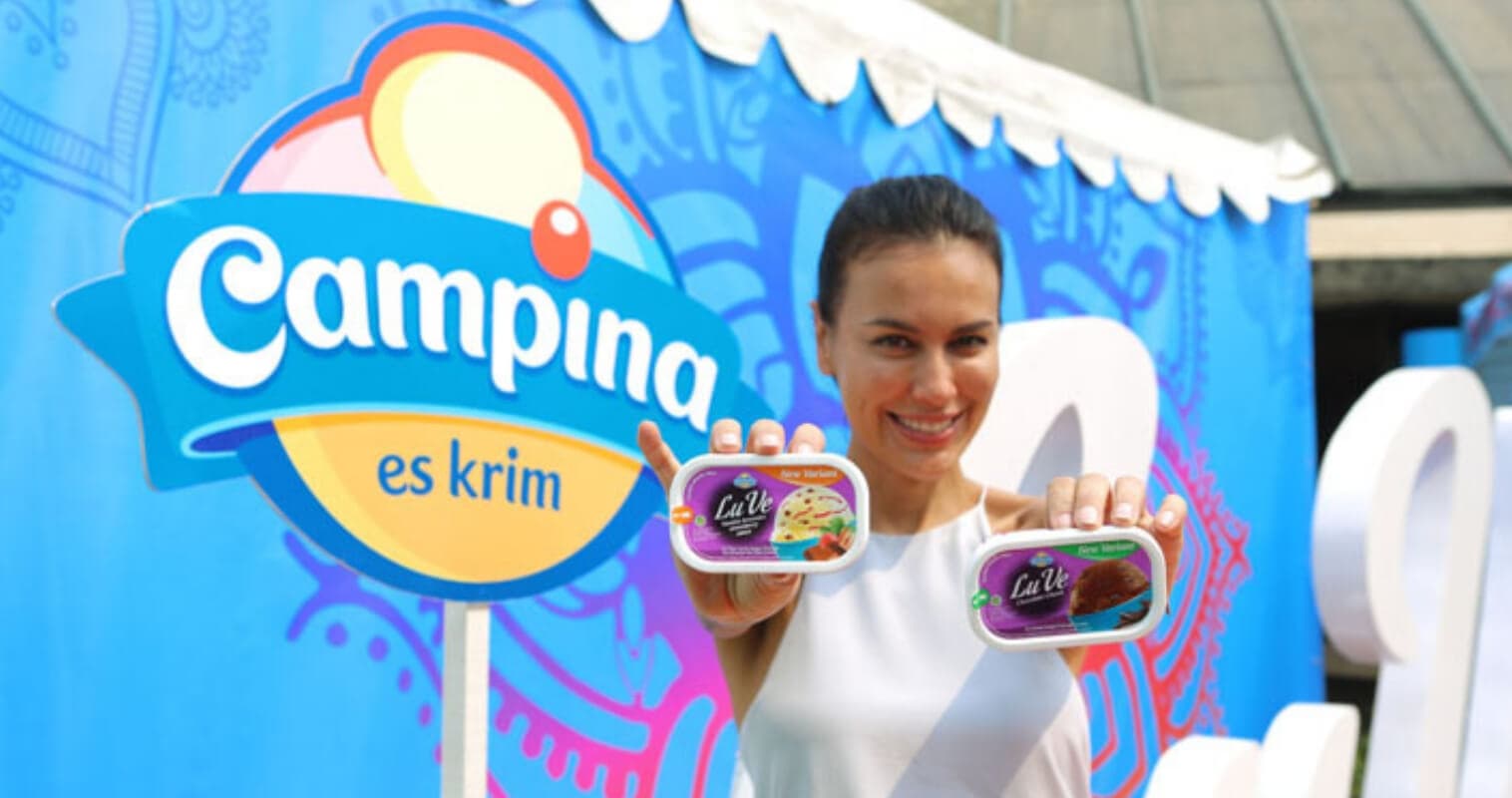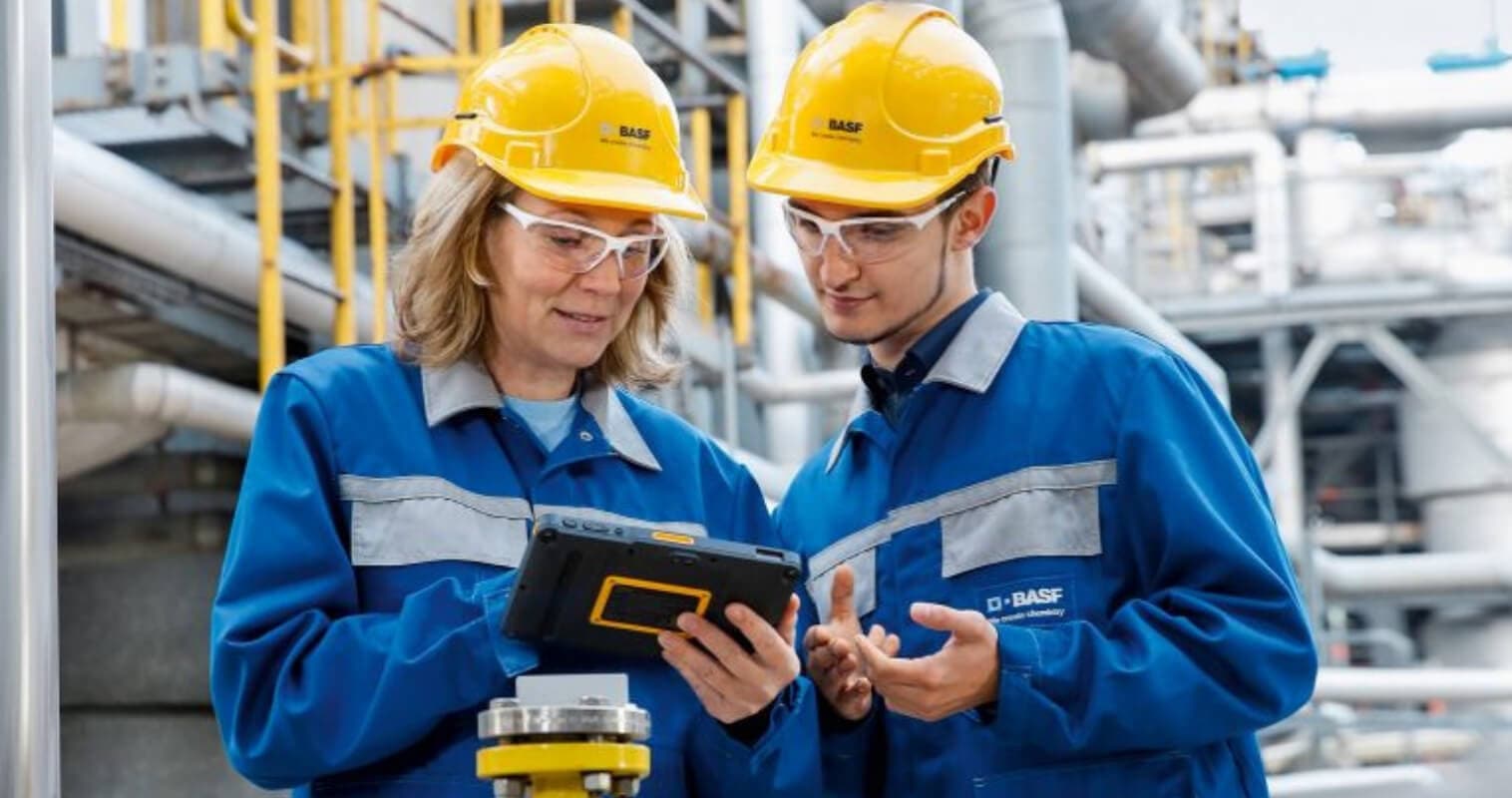Views From the Top: Key Elements to Drive Sustainable Campaigns in the New Normal

Beyond the Cover
June 4, 2021
Creativity From Afar: Making Integrated Campaigns at Home
July 7, 2021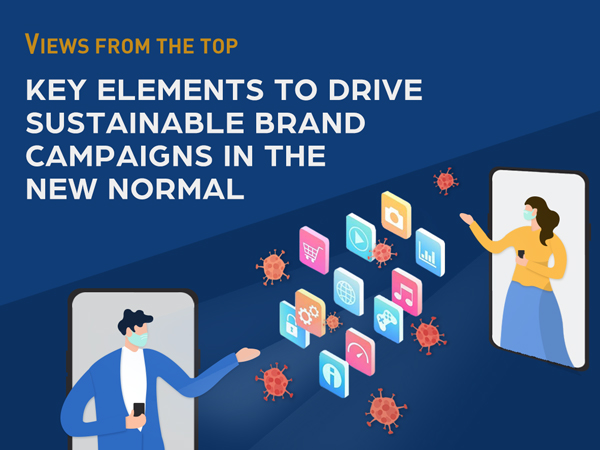
There’s no telling how bad COVID-19 will get or how this crisis will end even after more than a year of lockdowns and restrictions, but one thing is certain: As we face another wave of COVID-19, brands need to rethink their existing engagement channels to sustain visibility in the new reality.
We ask a few experts from PRecious to discuss the key elements brands need to consider to build and drive sustainable brand campaigns in the new normal based on their learnings and experiences last year.
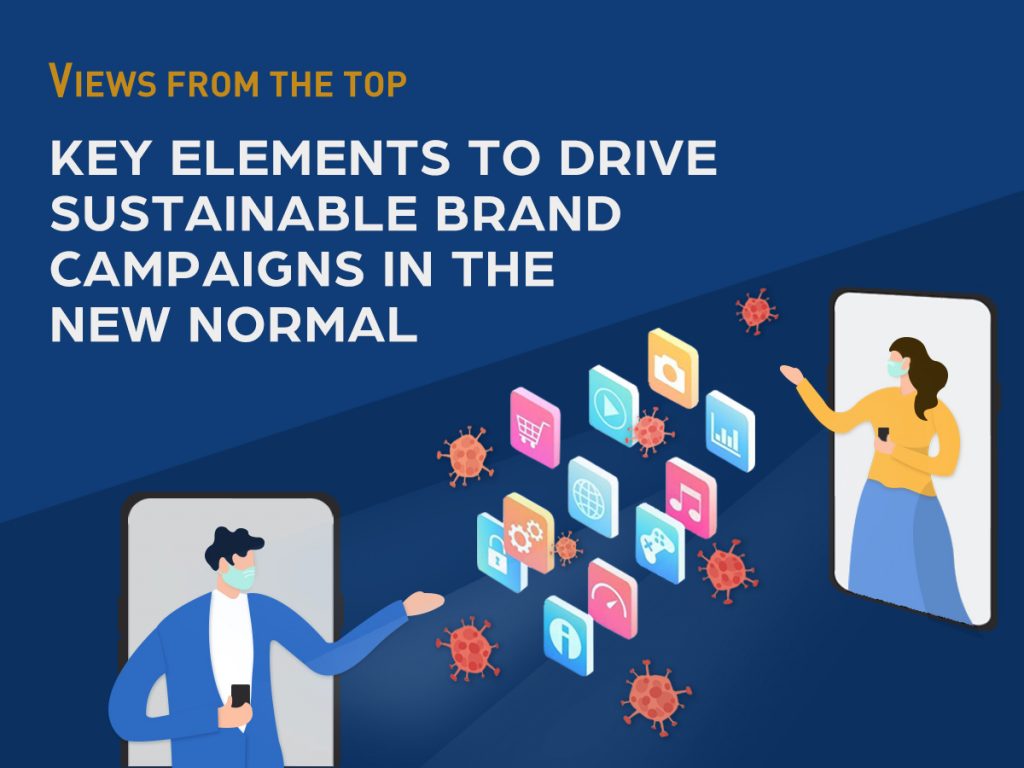
An opportunity for brands to position themselves as a reliable constant

COVID-19 is one global pandemic but with endless local variations on its impact. While Europe and the US are planning for a near-normal summer and dropping restrictions especially for those already vaccinated, we’re seeing a harsher regime with no direct light at the end of the restrictions tunnel in most parts of Southeast Asia.
So brands need to stay empathetic about the different situations their customers are in – and stay flexible in their brand activation plans, always being prepared to combine and switch from offline to online to hybrid approaches.
On the consumer front we’re seeing that people are simply getting tired and exhausted by the ever-changing measures – and especially the insecurity they bring with them. This is actually a great opportunity for brands to position themselves as one of the few constants a customer can count on. The more change is around us, the more we will appreciate stability.
Contributed by Lars Voedisch, Founder and Managing Director
Sustainability and authenticity

I’ve witnessed two positive brand communications trends last year: the shift towards integrating (and communicating) sustainability initiatives in businesses, and more brands communicating empathy towards their internal and external stakeholders. While these can be seen as natural responses to the pandemic, these two factors really showcase an authentic and relatable slant to brands.
These are also the two elements, which I feel will become key components in successful brand campaigns. In a highly competitive marketing communications landscape, brands that showcase their human side and engage with communities are better positioned to win and get noticed. I hope brands will continue being more authentic, while strengthening their community engagement efforts as we move forward in the new normal.
Contributed by Clarence Lim, Practice Head, INC
Using digital tools to drive sales and marketing channels

The COVID-19 situation has disrupted industries, as governments impose restrictions to contain pandemic spread. While businesses across industries were severely affected, the crisis has presented a silver lining: More brands jumped on the digital transformation bandwagon, and we saw the growth of e-commerce and related businesses such as logistics. Two industries that are particularly witnessing phenomenal growth in Thailand are edtech and healthcare – and we’re seeing rapid digitalisation in these areas as consumer traffic shifts online.
Brands need to adapt to new ways of working and delivering value. This means that they have to work towards developing the right infrastructure to support digital value chains. On the marketing front, brands should be more aggressive in developing their online sales, customer support and e-commerce channels. They should consider leveraging digital solutions and tools that help streamline the ordering process, or bolster demand generation. Businesses across all sizes are now increasingly leveraging livestream social selling. As customer experience takes centre stage, organisations are using tools like AR technology to simulate different scenarios – allowing clients to envision how specific products would fit them before making purchases.
Contributed by Busakorn Srisongkhroh, Thailand Market Lead
Leveraging the power of communication to address gaps
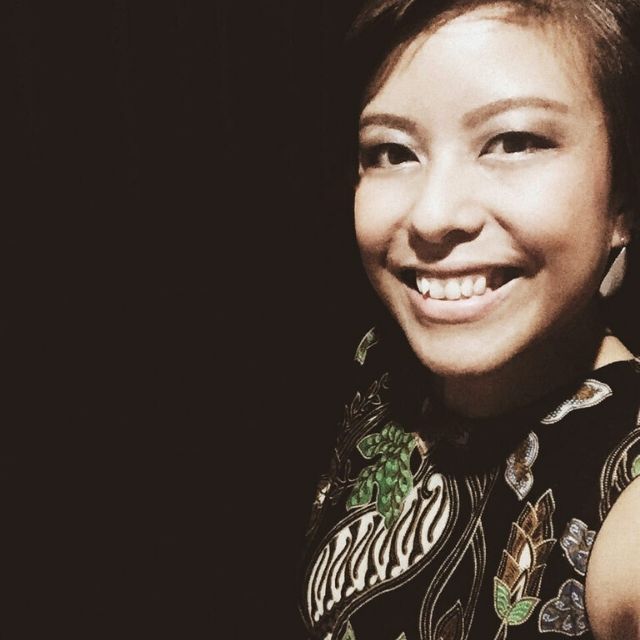
Clear communications remains to be one of the biggest challenges in Indonesia – and this is somehow connected to the country’s archipelagic nature. Information gaps and inequality go hand in hand with the level of national development, and these have become even more pronounced in the midst of a pandemic.
The pandemic, however, has likewise presented brands with the opportunity to address and minimise gaps through the power of communication. Here are some ways brands are leveraging communication in Indonesia:
- Brands are communicating with more sensitivity, as they try to uphold values such as inclusion and diversity.
- Communication has become a conduit for building and strengthening mutually beneficial customer relationships. Brands are leveraging communication to engage customers better and work towards customising products/services according to their understanding of customer needs.
- Brands are using communication as a tool to bolster responsiveness. Through strengthening stakeholder engagement, they are able to figure out key priorities. And this in turn, helps brands determine the next steps to take as they plan goals and set business targets.
Contributed by Joyce Rodwina, Indonesia Market Lead
